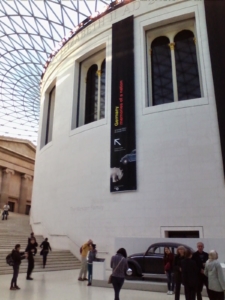What is Energiewende

What is Energiewende and where does it come from?
English is getting a new word as energiewende creeps in and cleans up. No, not energy for a Wendy house, but the turning point and transition to renewable energy without the cost of nuclear. The most concise word for this today comes from German, where the national energy policy of Energiewende is leading the way towards… read more…
Imports are making English rich, and HE Translations are assembling an online treasure-trove explaining words that English has imported from German. Technology, sustainability, psychology and even food are fueling our appetite for new terms, and Germany is serving them up freely. Lost for words? Try some
new ones and go with the zeitgeist!

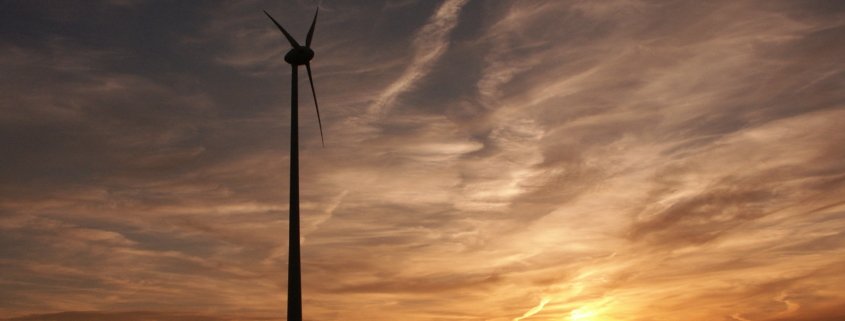 Quaschning
Quaschning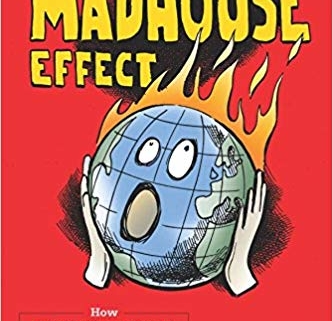
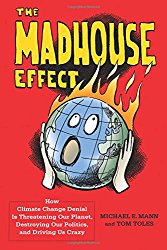
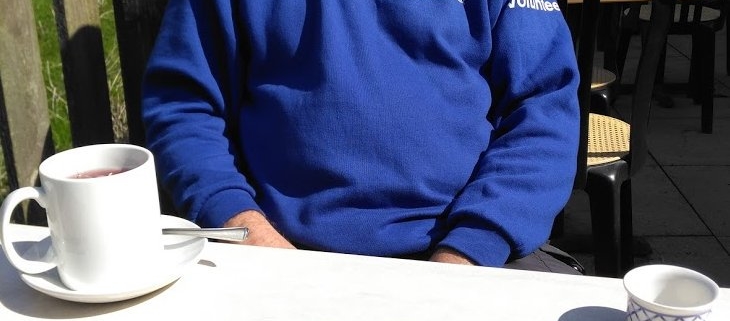
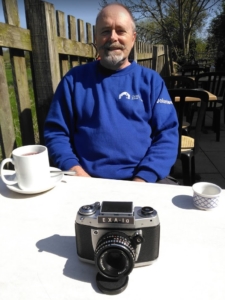




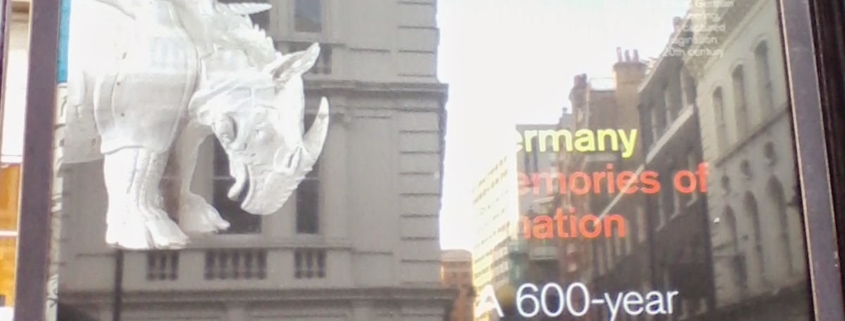 HET
HET